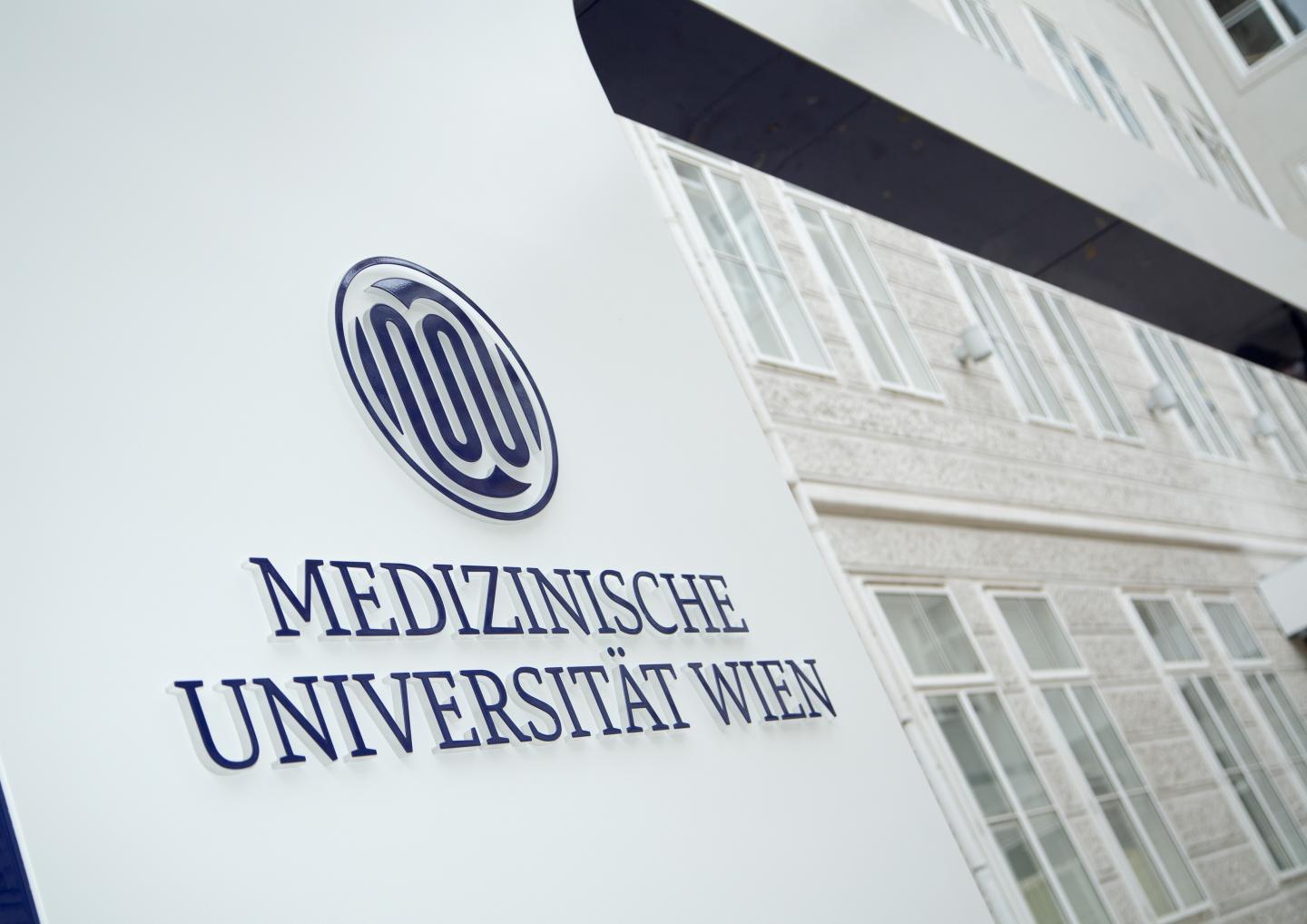Systematic review of the worldwide published data on “Venous thromboembolism (VTE) in COVID-19 patients”.

Credit: MedUni Vienna/Matern
(Vienna, 01 October 2020) In a systematic review of the worldwide published data on “Venous thromboembolism (VTE) in COVID-19 patients”, Cihan Ay, Stephan Nopp, and Florian Moik from the Department of Medicine I, Clinical Division of Haematology and Haemostaseology, now for the first time, provide an in-depth analysis on the risk of VTE in patients hospitalised for COVID-19. While hospitalized patients at general wards have a VTE risk between 5 and 11%, the risk of developing deep vein thrombosis or pulmonary embolism in critically ill patients is 18 to 28%.
“From the beginning of the COVID-19 pandemic, studies reported an increased rate of thrombosis and pulmonary embolism in patients with COVID-19. On the basis of these reports, but without robust evidence from controlled interventional studies, global treatment strategies were developed, recommending more intense thromboprophylaxis strategies. Our study now offers a better understanding of the underlying risk and, therefore, aids in individual treatment decisions based on accurate risk assessment for the different patient groups,” reports Principal Investigator Cihan Ay.
Within their review of the literature, the authors assessed a total of 5,951 studies published in the field of VTE in COVID-19. Of those, 86 studies were found eligible for inclusion and reported rates of thrombosis and pulmonary embolism in COVID-19 patients. After excluding additional studies due to underlying risk of bias in a structured assessment, 66 studies (28,173 patients) were found eligible to perform a meta-analysis to provide a robust estimate on risk of VTE in COVID-19.
The main findings are as follows: the overall VTE risk in hospitalized patients with COVID-19 is 14%, despite rigorous thromboprophylaxis regimens in most studies. Further, high heterogeneity in VTE rates was found between different patient subgroups. The rate was highest in patients admitted to intensive care units, with 23% of patients suffering VTE. Patients admitted to general wards suffered VTE in 8% of the cases. These findings underline the high risk of VTE in COVID-19 patients.
In addition, the authors specifically focused on estimating the risk of potentially life-threatening pulmonary embolism. The result: “This risk is considerably higher than in other comparable serious medical illnesses and ranges between 10 and 18% in COVID-19 patients requiring intensive care. Further, astonishingly, deep vein thrombosis was detected in almost half of the hospitalised COVID-19 patients who had been systematically screened for thrombosis using ultrasound.” These findings underscore the strong impact of COVID-19 on the blood-clotting system. In addition, an exploratory analysis revealed that patients who developed deep vein thrombosis or pulmonary embolism during hospitalization had significantly higher D-dimer concentrations at admission, a laboratory parameter that indicates an activated coagulation system. This finding might be used to help develop personalized, risk-stratified thromboprophylaxis strategies in the future.
In summary, the authors provide a detailed evaluation of the risk of VTE based on the severity of the disease. Future studies need to determine whether elevated D-dimer at hospital admission justifies intensification of anticoagulant treatment in hospitalized patients with COVID-19.
###
Service: Research and Practice in Thrombosis and Haemostasis
“Risk of venous thromboembolism in patients with COVID?19: A systematic review and meta?analysis.” Stephan Nopp, Florian Moik, Bernd Jilma, Ingrid Pabinger, Cihan Ay.
https:/
Media Contact
Thorsten Medwedeff
[email protected]
Original Source
https:/
Related Journal Article
http://dx.





